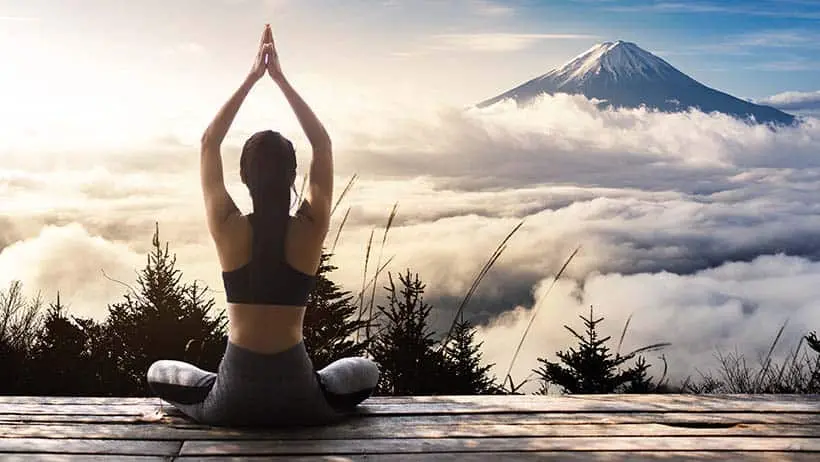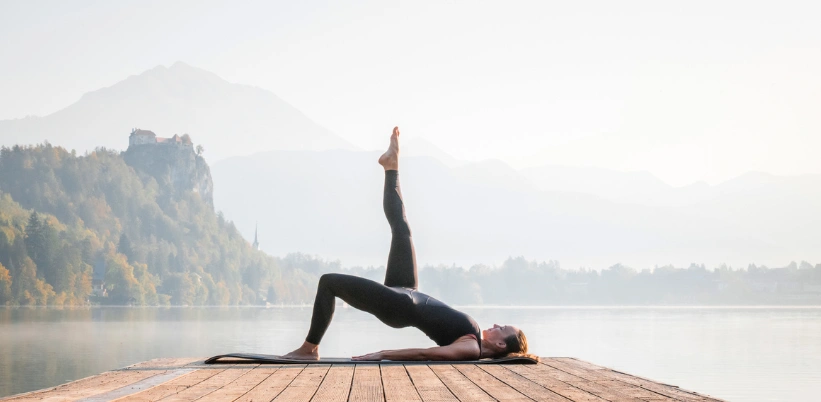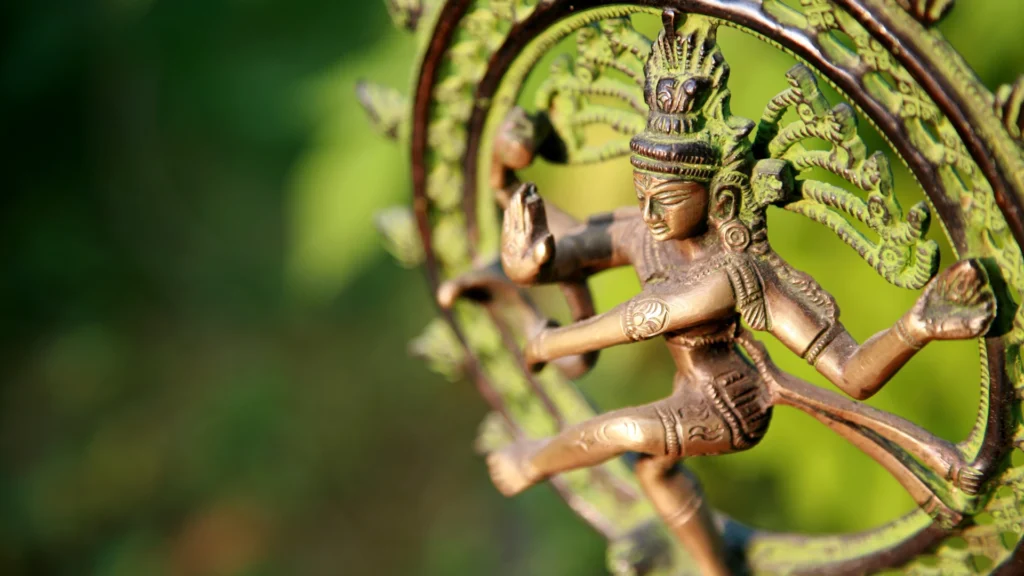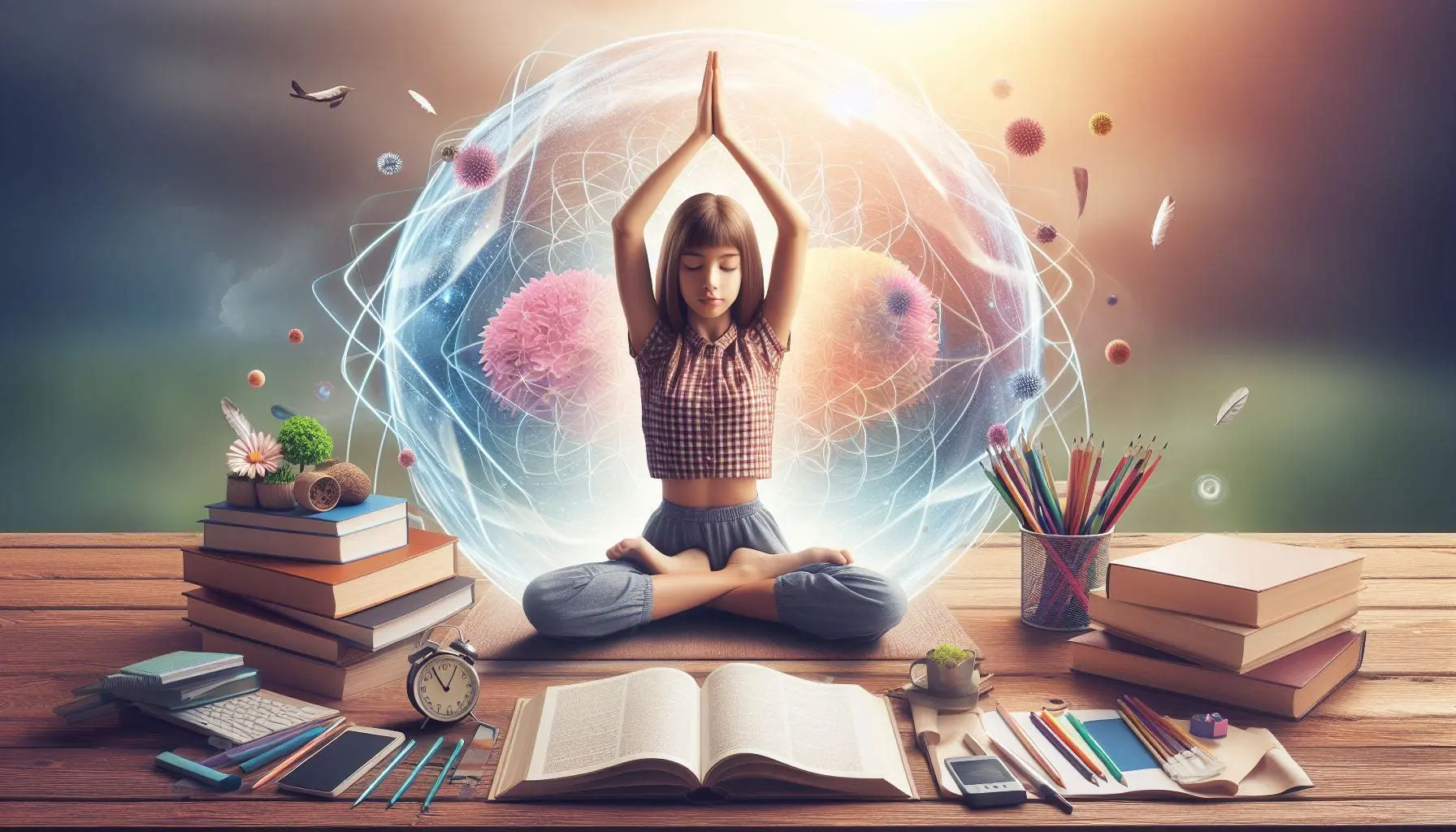
In today’s India, peer pressure affects many young people. It comes from friends, classmates, and social media. It can be about grades, clothes, habits, even values. It may lead to stress, anxiety, or poor choices.
Yoga is not just physical exercise. It is a deep philosophy. It offers tools to think clearly and act wisely. Yoga can help you stand strong while respecting others.
What Is Yoga Philosophy?
Yoga philosophy finds its roots in Indian wisdom. One key text is Patañjali’s Yoga Sutra. It defines yoga as stopping the mind’s distractions. It teaches eight limbs or stages (Ashtanga) to reach mental calm. These include ethical steps (yama and niyama), physical postures (asana), breath control (pranayama), senses withdrawal, and meditation.
The first limbs (yamas and niyamas) guide how we behave with others and ourselves. They teach non‑violence (ahimsa), truth (satya), contentment (santosha), self‑discipline (tapas), and self‑reflection (svādhyāya).
Yoga also draws from Samkhya philosophy. It explains that the mind moves through different states. The aim is to increase sattva (clarity, balance) and reduce tamas (inertia) and rajas (restlessness, desire).
Why Peer Pressure Happens
Peer pressure often arises from fear of being different. Young people may feel judged. They may want approval. They might copy habits to belong. This can cause anxiety and poor self-esteem.
How Yoga Philosophy Offers Support
Yoga philosophy builds inner strength. It helps you remain true to your values even when others try to sway you.
1. Yamas and Niyamas: Ethical Foundation
- Ahimsa (non‑violence): encourages kindness in thought and word. It reduces harsh self-criticism. It helps you not harm others, even when they pressure you.
- Satya (truthfulness): teaches honesty with yourself and friends. It helps resist pretending or lying to fit in.
- Santosha (contentment): builds acceptance. You learn to be happy with what you have. You feel less need to copy peers.
- Tapas (discipline): gives mental strength. You develop inner willpower to say “no” when needed.
- Svādhyāya (self‑study): invites reflection on your thoughts and actions. You become aware when peer pressure influences you.
These virtues are part of Indian schools. They help young people build emotional intelligence and strong social skills.

Read more: Yoga for Monsoon Days: Indoor Routines to Stay Active
2. Self-Awareness and Emotional Balance
Yoga psychology says mind and body are connected. When you breathe deeply or meditate, your mind calms. You notice emotion before it acts.
Research with youth shows that yoga helps relaxation, stress reduction, and better awareness of one’s mind and body.
When faced with peer pressure, a calm mind helps you choose rather than react.
3. Practice of Breath and Poses
Asanas and pranayama help clear physical tension. This reduces anger and restlessness. Simple poses can be very effective. For example, child’s pose, legs-up‑wall, corpse pose bring immediate calm.
Breathing techniques help manage reactions in stressful peer situations. A study in schools saw children using breath when classmates teased them. They became calmer and better focused.
4. Building Community and Support
Yoga classes in India often build supportive groups. Being part of a caring community helps reduce the need to follow harmful peer trends.

5. Emotional Intelligence and Empathy
Yoga teaches compassion (karuṇā) and non-violence. Empathy grows when you practice these. You begin to understand others instead of judging or following blindly.
Emotional intelligence means knowing your inner needs and managing emotions. Yoga builds this. With practice, you support others better and resist peer pressure.
Real-World Effects in India
Indian schools and colleges have started yoga-based programs. These help students reduce stress and stay balanced. Some youths report better decision making and stronger self-esteem after practice.
Many Indian teachers say that yoga gives students tools to face social pressure. It promotes self‑control, resilience, and a sense of purpose.
How to Use Yoga Philosophy to Deal With Peer Pressure
Here are practical steps for young Indians:
- Learn about yama and niyama. Read simple articles in regional language. Discuss with a teacher. Notice how honesty or contentment helps your choices.
- Practice breath control. Try deep breathing (three to five minutes) when you feel anxious before peer interactions.
- Do simple calming poses. Child’s pose or legs-up-wall are easy. Even a few minutes helps.
- Reflect after challenging situations. Ask: “Why did I feel pressure? What did I choose? How could I respond better?”
- Journal your thoughts. Self-study (svādhyāya) helps you understand who influences your choices.
- Join supportive yoga groups. Even online community classes help build self-respect over social conformity.
- Serve others. Small acts of kindness (selfless service or seva) bring satisfaction beyond social acceptance.
Conclusion
Yoga philosophy offers more than exercise. It gives a moral and psychological toolset. It helps young people build self-discipline, contentment, awareness, and empathy. It teaches you to say no with respect. It helps maintain inner peace even when society pushes you.
Facing peer pressure is a challenge. But yoga philosophy teaches you to choose your own path. It supports your mind, body, and spirit. It guides you to act with integrity. In modern India, blending yoga philosophy into young lives leads to stronger characters and brighter futures.
Author: Sonam










